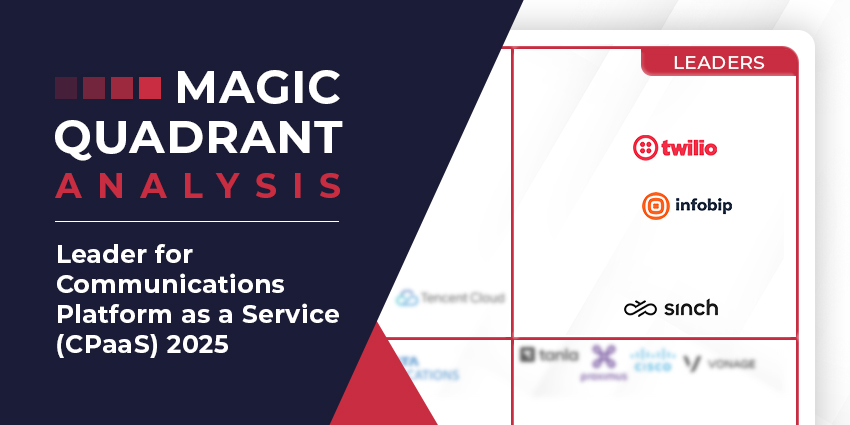Salesforce has introduced a new vector database that unifies various business data sources – including unstructured data like PDFs, emails, and transcripts – within Data Cloud.
There, businesses can also add structured data from its various Salesforce CRM apps to enrich the data pool further.
As a result, customers can use various data types across their business applications and workflows.
Moreover, many will no longer need to engage in costly and complex fine-tuning of large language models (LLMs).
Other forms of structured data that businesses can pull into Data Cloud include customer purchase histories, customer support cases, and product inventories.
Rahul Auradkar, EVP and GM of Unified Data Services & Einstein at Salesforce, outlined more benefits of this new solution: “The Data Cloud Vector Database relieves the challenge of costly and complex processes to harness the value of unstructured data.
“Now, our customers can reason over the full spectrum of their enterprise data to power their business applications more effectively.
By integrating both structured and unstructured data, our new Data Cloud Vector Database transforms all business data, from emails to documents to transcripts to social media posts, into valuable insights.
“This advancement in Data Cloud, coupled with the power of LLMs, is a game-changer, fostering a data-driven ecosystem where AI, CRM, automation, Einstein Copilot, and analytics turn data into actionable intelligence and drive innovation.”
Importantly, the Data Cloud Vector Database will sit inside the new Einstein 1 Platform, allowing users to harness the power of structured and unstructured data in cross-cloud workflows, analytics, and automation. That benefits leaders across customer experience functions.
For instance, when a customer indicates dissatisfaction during an interaction, that could trigger a timely, personalized discount in Marketing Cloud.
Einstein Copilot Search
Alongside the Data Cloud Vector Database, Salesforce announced Einstein Copilot Search, which will become generally available in February.
The innovation ensures that Copilot – which crosses many of Salesforce’s CRM apps – better interprets complex user queries, taps into diverse data sources, and solves problems.
Those diverse sources again include structured and unstructured databases.
Sharing an example of how Copilot will support customer service agents, Salesforce notes how the innovation can link concerns from unstructured emails and phone call transcripts to structured support ticket history for greater customer context.
That includes a detailed understanding of customer issues, historical context, and AI-generated resolution suggestions.
As such, Einstein Copilot goes beyond foundational LLMs, providing insights and knowledge previously unattainable and citing reference materials.
Salesforce’s Einstein Trust Layer also aspires to ensure trust and confidence in AI-generated content.
For more on the Einstein 1 Copilot, check out our article: Salesforce Debuts Einstein 1 Copilot, an AI Assistant That Covers All of Its Apps







